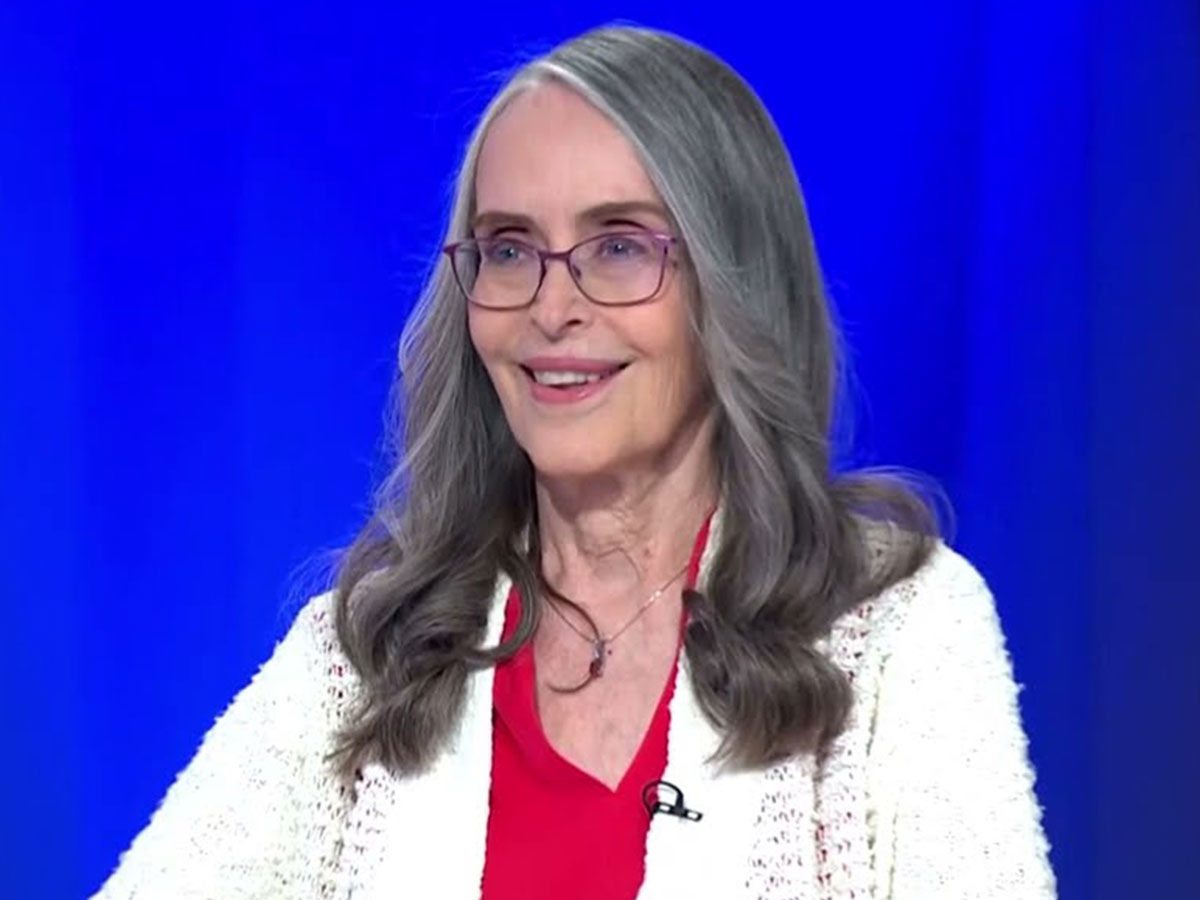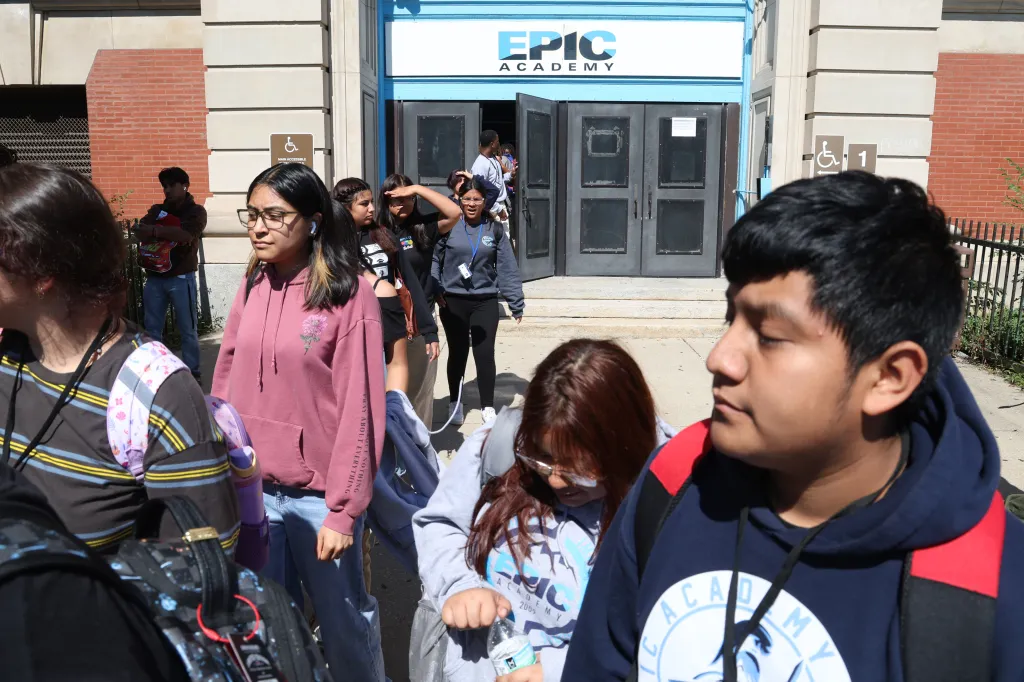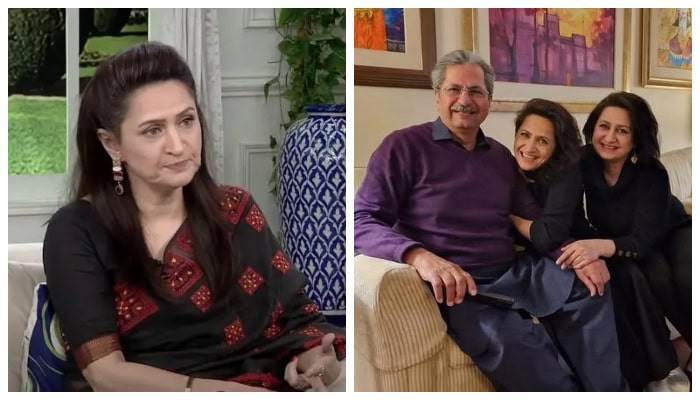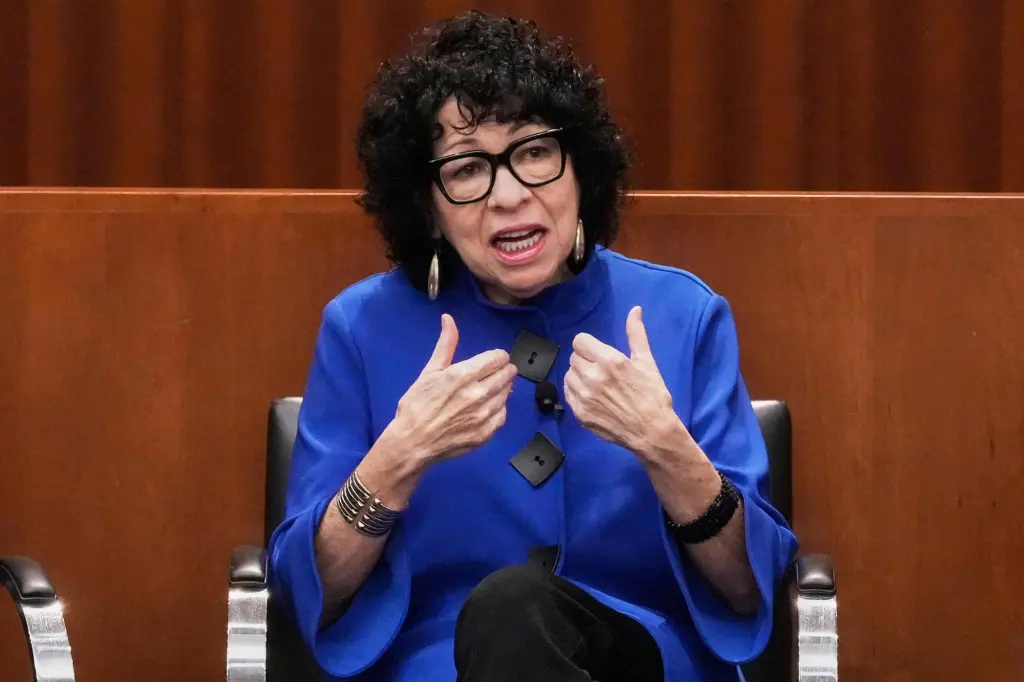United Nations/ Educate A Child Director: Qatar’s UNGA Participation Spotlights Inclusive Education

Doha, September 23 (QNA) – Executive Director of the Educate A Child (EAS) program of the Education Above All (EAA) Foundation, Dr. Mary Joy Pigozzi, emphasized that the United Nations General Assembly (UNGA) meetings provide a vital platform to spotlight the issue of inclusive education for out-of-school children and to mobilize international support for achieving Sustainable Development Goal (SDG) 4, which seeks to ensure inclusive and equitable quality education for all.In an exclusive interview with Qatar News Agency (QNA), Dr. Pigozzi said that Qatar’s participation in the UN General Assembly meetings represents a strategic opportunity to highlight issues related to inclusive education for disadvantaged children, raise global awareness of the crisis of out-of-school children, strengthen partnerships with UN agencies, governments, and donors, mobilize political and financial commitments to support basic education, and highlight Qatar’s pioneering role in achieving the Sustainable Development Goals.Dr. Pigozzi noted that the Educate a Child program was launched in 2012 in response to the urgent need of tens of millions of children worldwide who were not enrolled in primary education. She pointed out that the program’s vision is based on the fact that every child, regardless of their circumstances, has the right to a primary education based on justice and dignity, and that every child should have the opportunity to achieve their potential. This vision is in line with the global commitments stipulated in the Sustainable Development Goals, which consider education a human right. The program primarily targets children who are not enrolled in school and who face multiple obstacles, including poverty, conflict, geographical isolation, and social exclusion.She added that the program works with its partners to implement interventions tailored to each local context, whether through national systems, community-based curricula, or alternative education methods. Dr. Pigozzi noted that since its launch, the program, in collaboration with its partners, has provided educational opportunities to more than 14.5 million children around the world. She emphasized that the goal is not limited to numbers, but rather to providing opportunities for millions of children to grow and contribute to their communities.In her interview with QNA, Dr. Pigozzi said that the Educate a Child program is an integral part of global efforts to achieve SDG-4, which calls for ensuring inclusive and equitable quality education and promoting lifelong learning opportunities for all. This includes expanding access to primary education for the most marginalized children, including children from poor backgrounds, remote rural communities, or those with disabilities, as well as children affected by crises, conflicts, or displacement, and girls and boys at risk of dropping out of school.She pointed out that the Education Above All Foundation works with international organizations such as the United Nations Children’s Fund (UNICEF), the United Nations Educational, Scientific and Cultural Organization (UNESCO), and the World Bank, in addition to governments and local ministries of education, to strengthen the capacity of education systems to engage out-of-school children and improve educational infrastructure and resources, in line with Article 4.a of SDG-4, which calls for “building and upgrading education facilities that are child, disability and gender sensitive”.She noted that the program ensures quality education by tracking children’s educational progress, supporting teacher development, using flexible curricula adapted to local contexts, creating safe and inclusive learning environments that are gender- and disability-sensitive, as well as improving infrastructure. This effort reinforces SDG-4.c., which focuses on “increasing the supply of qualified teachers”, particularly in developing countries.Dr. Pigozzi emphasized that the ‘Educate a Child’ program operates in fragile and conflict-affected settings to ensure learning continues even in the most difficult circumstances, in line with the spirit of Sustainable Development Goal 4, which emphasizes leaving no child behind, even in humanitarian emergencies. The program also contributes to thought leadership on out-of-school children by providing evidence, data, and analysis to inform the impact of educational policies and practices on a global scale, ensuring that the most marginalized children remain a top international priority.In terms of achievements, she said that the program, in cooperation with its partners, has recorded the education of more than 14.5 million children through more than 105 projects spread across 57 countries in Africa, Asia, the Middle East, Latin America, and the Caribbean. These achievements have included the creation of innovative educational solutions, such as “floating schools” in Bangladesh to educate children in flood-prone areas, and the use of smartphones to deliver lessons in remote areas, in addition to the construction and renovation of schools, the creation of safe learning spaces, teacher training, and the development of inclusive educational materials to enable all children, including those with disabilities, to learn in supportive environments.Dr. Pigozzi noted that educational programs implemented in cooperation with the United Nations High Commissioner for Refugees (UNHCR) have contributed to the enrollment of more than 1.6 million refugee and displaced children in primary education. The program also ensures the provision of psychosocial support to children in difficult environments and enhances teachers’ capacity to address their needs, contributing to children’s sense of security and active participation in education.She added that sustainability is a fundamental pillar of the Educate a Child program, as projects are implemented in collaboration with governments to align with national education plans, ensuring government accountability and children’s continued access to education. Examples include the Kenyan projects, which helped more than 605,000 children return to school through integrated educational tracks within the national system. The program also applies a co-financing model, investing with local and international partners to expand education and ensure the sustainability of results.Addressing donors and people who might support educational initiatives, Dr. Pigozzi said that the message of ‘Educate a Child’ program is simple: “Every child matters”. She said that supporting education is not charity, but rather justice and an investment in human potential whose impact is multiplied across generations, as it provides children with the tools they need to build a brighter future, benefiting the entire world.Dr. Pigozzi addressed the most prominent challenges facing inclusive education, especially in light of global crises, noting that poverty, natural disasters resulting from climate change, discrimination, insecurity, and the digital divide are all factors that hinder access to education. However, she emphasized that a flexible, innovative, and sustainable approach can help children and youth overcome these barriers, if there was a will and international commitment to ensure that no child is left behind.Regarding priorities for the next phase, the Executive Director of ‘Educate A Child’ program said that the program will continue to enroll out-of-school children and address the barriers they face, while strengthening education systems to ensure sustainable progress. Advocacy will remain at the core of the program’s work to ensure that the challenge of out-of-school children remains at the top of the global agenda. The program has also developed a new strategy aimed at getting the percentage of out-of-school children to zero through inclusive and resilient education systems, focusing on new projects in Djibouti, Gambia, Rwanda, and Zanzibar, and enhancing the integration of other Education Above All programs in projects that link education with protection, youth empowerment, climate change, and sustainable development.Concluding her interview with Qatar News Agency (QNA), Executive Director of EAA Foundation’s ‘Educate A Child’ program Dr. Mary Joy Pigozzi stressed that the focus will remain on urgency and sustainability to reach the hardest-to-reach and most marginalized out-of-school-children, while supporting adaptive and resilient systems to ensure that no child is left behind. (QNA)



